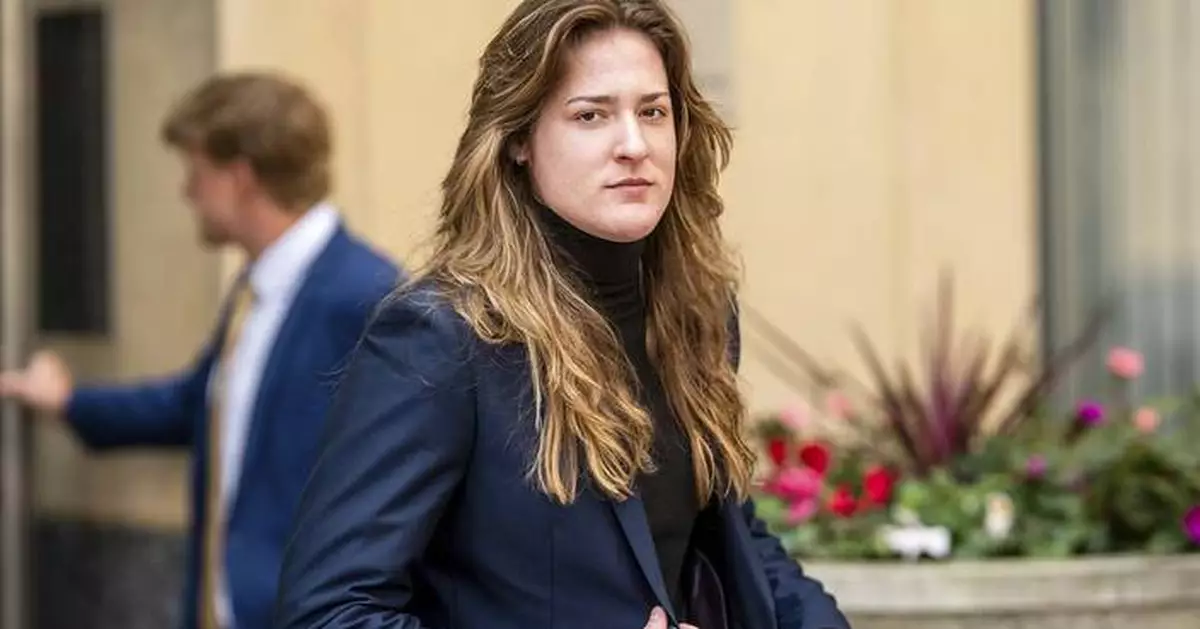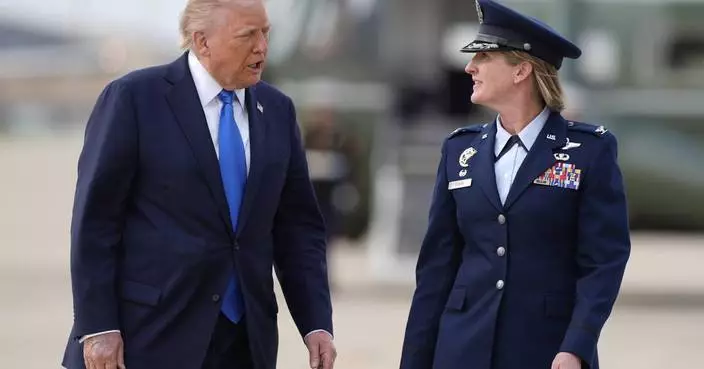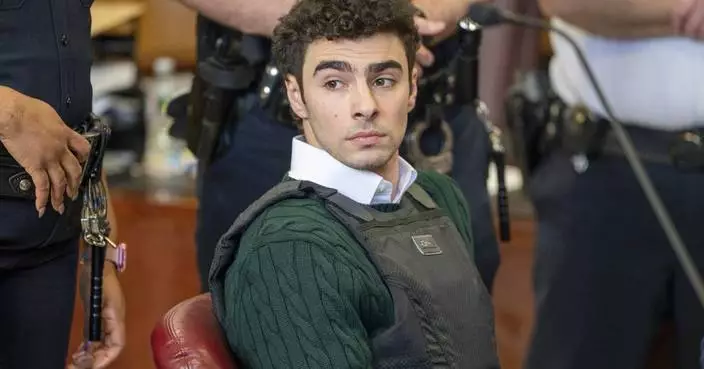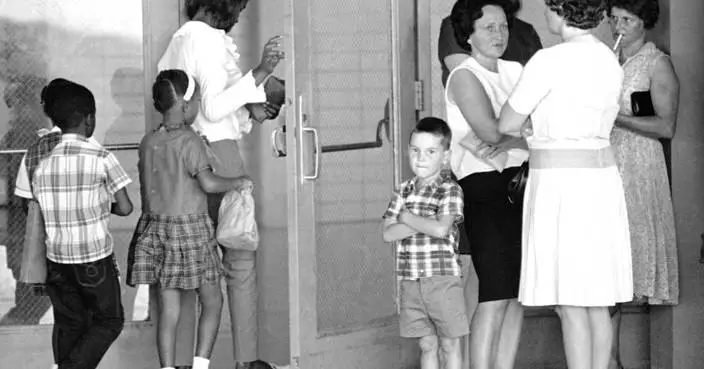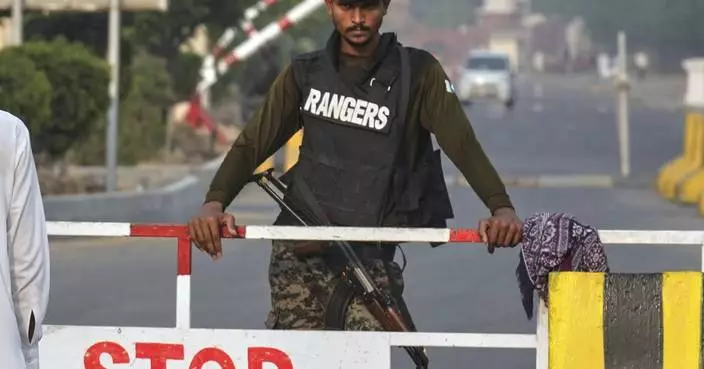Sedona Prince has gotten a lot of attention for her social media posts, drawing attention to gender equity questions at the NCAA Tournament in 2021, and her status as a lead plaintiff in a landmark antitrust lawsuit standing up for college athletes.
On Monday night, her name wasn't mentioned as the WNBA rolled through 38 selections in its 29th draft.
The only place her name was mentioned? As a potential draft pick during the draft by analysts.
Prince just finished her seventh and final year of college basketball at TCU, where she helped the Horned Frogs reach the Elite Eight for the first time in school history.
She first hit the spotlight with her viral video back in the NCAA Tournament bubble in 2021.
That pointed out the stark inequities between how the NCAA treated men and women during its basketball tournaments. Her post helped prompt an NCAA-commissioned report reviewing gender equity, which led to the use of the phrase March Madness and the start of paying women’s programs units for participating in the tournament. Prince started playing in 2019 at Oregon before graduating in May 2022 and transferring to TCU for the past two seasons.
In January, Prince was involved in a physical altercation with a woman she used to date, and both women filed police reports alleging they were assaulted. Prince’s lawyer, A. Boone Almanza, acknowledged that campus police responded to a disturbance on Jan. 18 at Prince’s off-campus residence after a call from the player. Almanza said that no charges have been filed.
The 24-year-old Prince denied all of the allegations made against her through her attorney and said that she has never “abused anyone in her life, whether mentally, emotionally or physically.”
Prince also is a lead plaintiff in a landmark antitrust lawsuit that will help get money for college athletes. Prince attended a hearing April 7 where a federal judge in Oakland, California, heard arguments for the landmark House settlement.
The 6-foot-7 center earned honorable mention AP All-America honors. But Prince was not among the 16 prospects invited to attend Monday night’s draft at The Shed.
The question now is does she get invited by a WNBA team for a tryout or is playing overseas her best option. The center from Liberty Hill, Texas, averaged 17.2 points a game this season and started all 58 games played at TCU. She started 86 of 108 games played over five seasons.
AP WNBA: https://apnews.com/hub/wnba-basketball
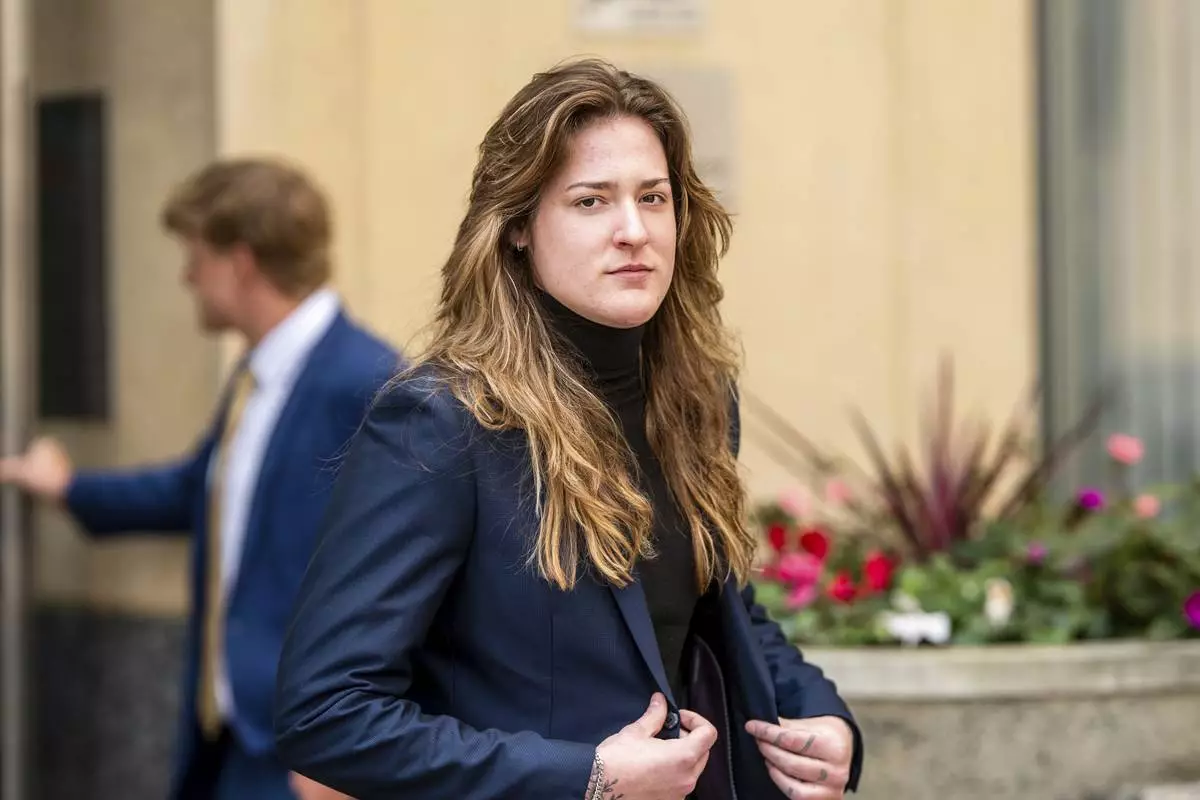
College basketball player Sedona Prince leaves federal court during a hearing for a landmark $2.8 billion settlement impacting NCAA college athletics on Monday, April 7, 2025, in Oakland, Calif. (AP Photo/Noah Berger)
STARKE, Fla. (AP) — An Army combat veteran whose Gulf War experience triggered severe mental problems was executed Thursday evening in Florida for the 1998 shotgun slayings of his girlfriend and her three young children.
Jeffrey Hutchinson, 62, was pronounced dead at 8:15 p.m. following a lethal injection at Florida State Prison near Starke. He was the fourth person executed this year in the state under death warrants signed by Gov. Ron DeSantis, with a fifth execution set for May 15.
Hutchinson had no last statement but appeared to be mumbling to himself as the procedure started just before 8 p.m. His legs shook sporadically, and he seemed to have body spasms for several minutes and then was still. The process took a little more than 15 minutes.
The execution was carried out soon after the U.S. Supreme Court rejected a final appeal without comment.
Hutchinson had long claimed that he was innocent and that two unknown assailants perpetrated the killings under a U.S. government conspiracy aimed at silencing his activism on claims including Gulf War illnesses involving veterans. Hutchinson served eight years in the Army, part of it as an elite Ranger.
Court records, however, showed that on the night of the killings in Crestview, Hutchinson argued with his girlfriend, 32-year-old Renee Flaherty, then packed his clothes and guns into a truck. Hutchinson went to a bar and drank some beer, telling staff there that Flaherty was angry with him before leaving abruptly.
A short time later, a male caller told a 911 operator, “I just shot my family” from the house Hutchinson and Flaherty shared with the three children: 9-year-old Geoffrey, 7-year-old Amanda, and 4-year-old Logan. All were killed with a 12-gauge shotgun that was found on a kitchen counter. Hutchinson was located by police in the garage with a phone still connected to the 911 center and gunshot residue on his hands.
Darran Johnson, the brother of Renee Flaherty, said after the execution that justice was done but the family’s pain will never end.
“Not a day goes by that we don’t think about the loved ones that were taken from us,” Johnson said.
At his 2001 trial, Hutchinson’s defense was based on his claim that two unknown men came to the house and killed Flaherty and the children after he struggled with them. A jury found him guilty of four counts of first-degree murder, and he received life in prison for Flaherty’s killing and three death sentences for the children.
Hutchinson filed numerous unsuccessful appeals, many focused on mental health problems linked to his Army service. In late April his lawyers sought to delay his execution by claiming he was insane and therefore could not be put to death.
Bradford County Circuit Judge James Colaw rejected that argument in an April 27 order.
“This Court finds that Mr. Hutchinson’s purported delusion is demonstrably false. Jeffrey Hutchinson does not lack the mental capacity to understand the reason for the pending execution,” the judge wrote.
In their court filings, Hutchinson’s lawyers said he suffered from Gulf War Illness — a series of health problems stemming from the 1990-1991 war in Iraq — as well as post-traumatic stress disorder and paranoia related to his claim that he was targeted by government surveillance.
Florida’s lethal injection protocol uses a sedative, a paralytic and a drug that stops the heart, according to the state Department of Corrections.
So far this year, 15 people have been put to death in the U.S. including Hutchinson.
A fifth Florida execution is scheduled May 15 for Glen Rogers, who was convicted of killing a woman at a motel in 1997. Rogers also was convicted of another woman’s murder in California and is believed by investigators to have killed others around the country.
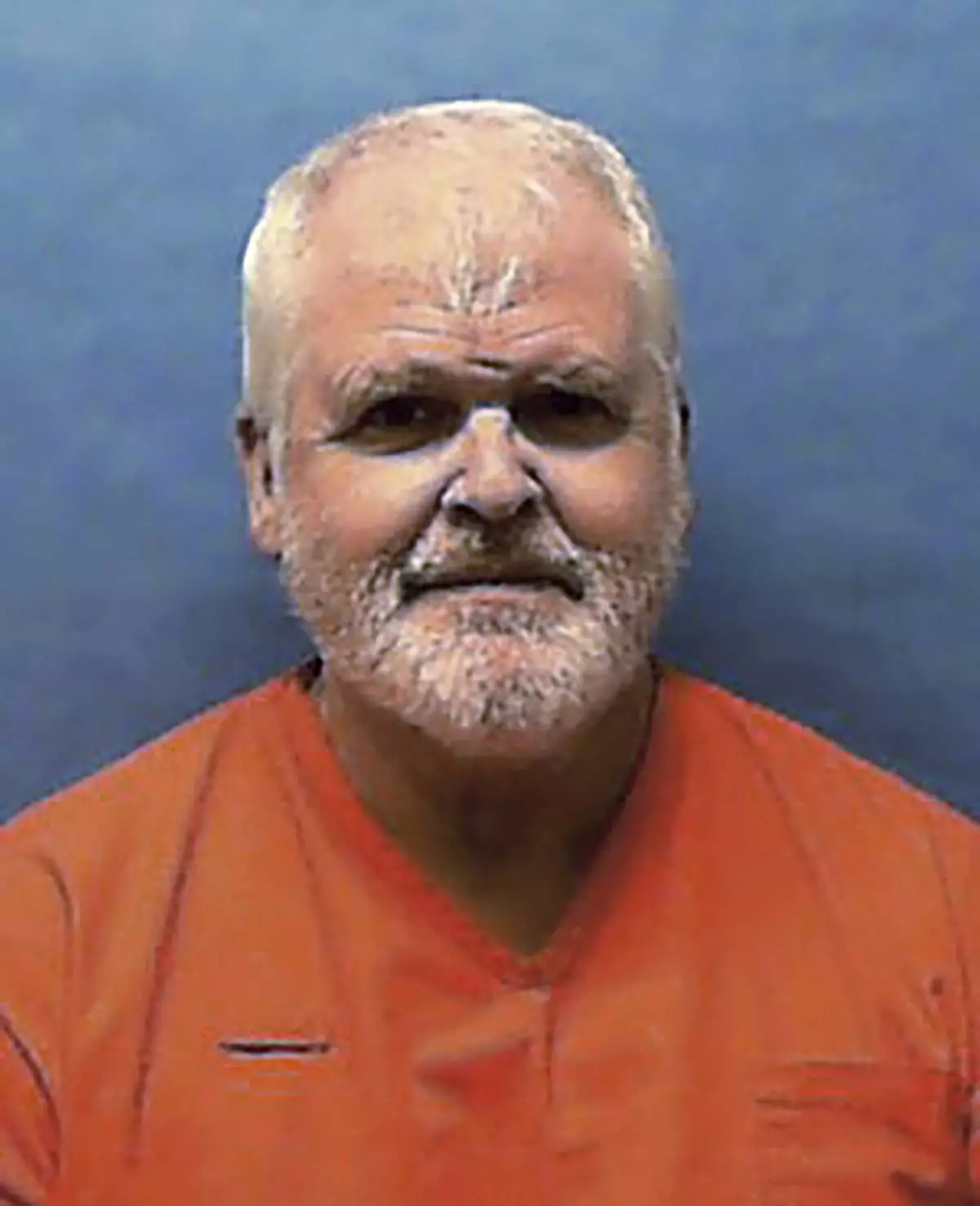
This image provided by the Florida Department of Corrections shows Jeffrey Hutchinson. (Florida Department of Corrections via AP)



